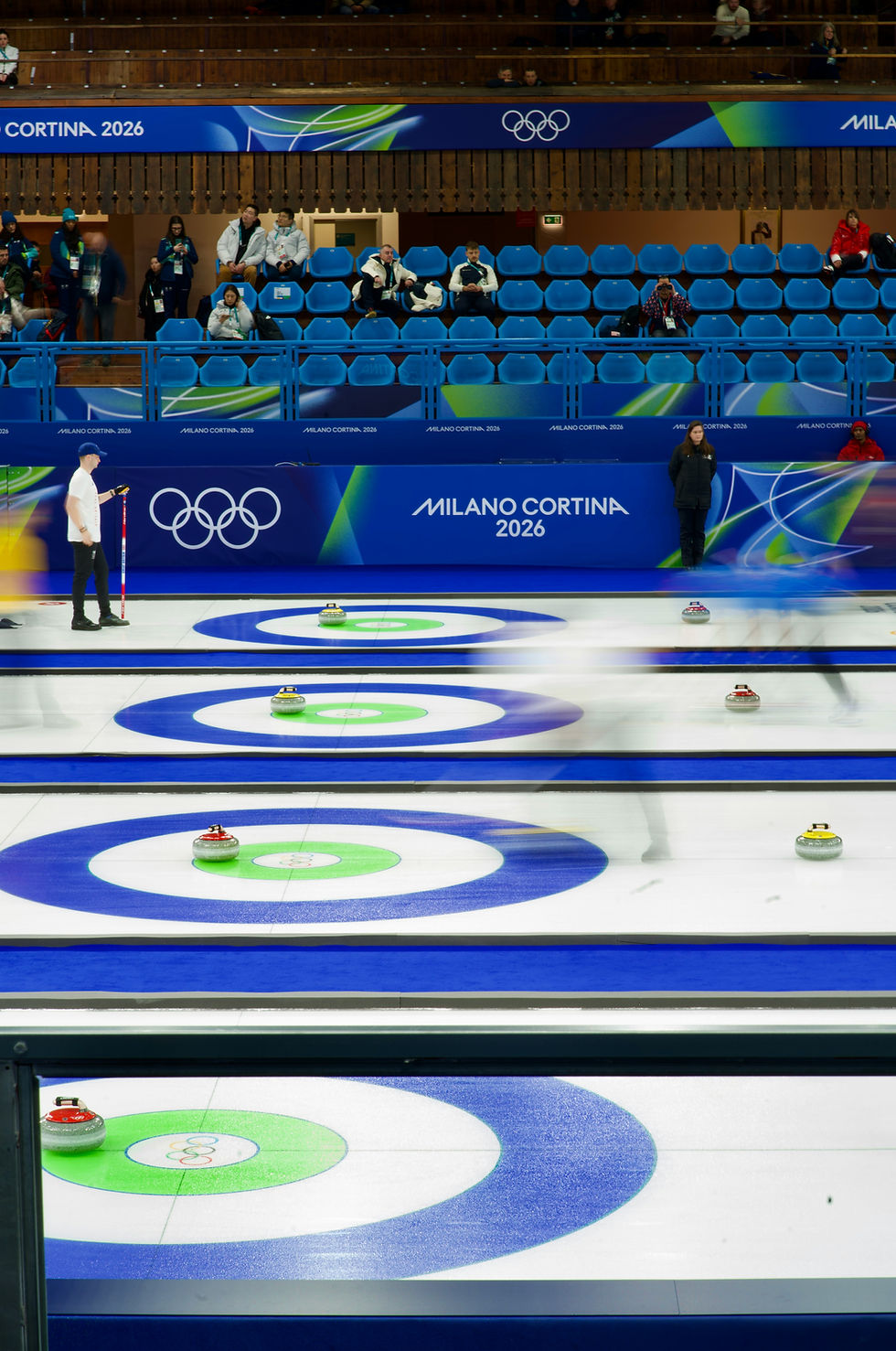How does representation in the media influence public opinion?
- Charley Sands
- Nov 5, 2025
- 2 min read

As a fairly experienced student journalist, I am very aware that the headline means
everything. It tells the story often more than the body of the article itself, and has the instant power of swaying your opinion on a specific topic, especially in terms of influencers, TV and pop culture.
After a simple search on google with just the words “Taylor and Travis” (no surnames, no
specifics): 2,320,000 links are found, the majority of them articles all about Taylor Swift and
Travis Kelce’s relationship: their proposal story, their “dating timeline”, other celebrities
comments, and of course many an article about Taylor’s many exes making appearances. At
the end of the day, two people getting married happens every single day. But it's not just
that: it's a media sensation, sucking readers out of their everyday life to submerge
themselves in someone else's private life.
Since when could the media have so much power to influence us to become obsessed by
these things? Because we let it.
If the New York Times, the Daily Mail or your favourite influencer approves of something, so do you. If they hate it, so do you. It's like pretending to love One Direction in the primary
school playgrounds so you could keep friends and stay in the game. It's all a game of
advertising and capturing our attention: nothing less, nothing more.
This very much adds to cancel culture: although some celebrities being cancelled is very
much necessary; some definitely seems over the top and just like the media wants to create more drama to keep us engaged and subscribed. It’s all a money making scheme.
Take Nara Smith, for example, given the label “tradwife” with no particular evidence apart
from the fact she makes all her food from scratch. If someone wants to do it, and enjoys that, why is that our business? Even if she did identify with the label of “tradwife”, if that's her decision, why can't we just leave it? Women have the choice to keep that lifestyle as much as they have the freedom not to. The fact there is an entire Metro article titled “The backlash against “tradwife” Nara Smith explained” shows we don’t even know why we dislike her, we just feel like we have to.
In the media in general, wording is something we need to take note of. Certain words are
used to provoke audience emotion, mostly so the reader/watcher starts trusting and
following the specific account or brand, benefitting these financially. The media don't
particularly care what you think: they just want your money.
With social media, words can get out as quick as light, and for some reason we will trust
anything nowadays without doing in depth research before we go on to share this
information: causing a domino effect. This is exactly what these influencers and media
outlets want, and we are very much enabling it as a society.
Edited by Gabriella Whiston



Comments